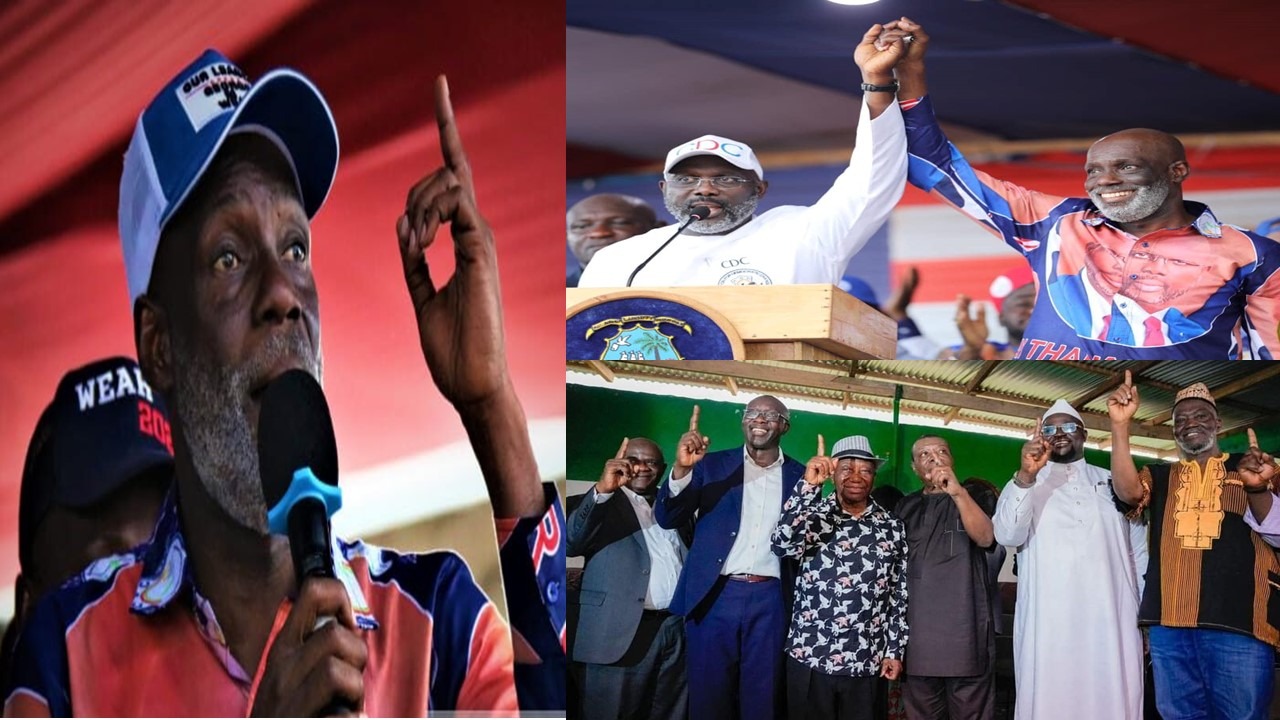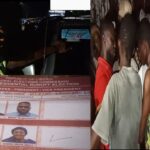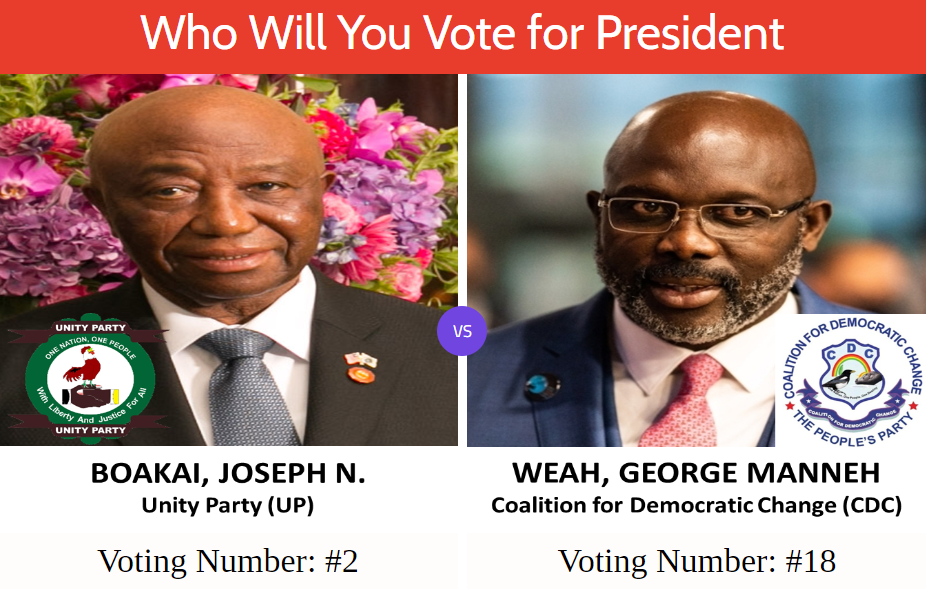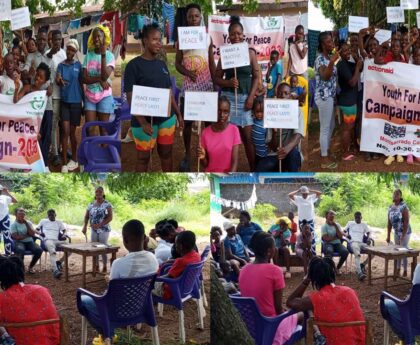In recent developments within Liberian politics, Eugene Lenn Nagbe, a prominent figure in President George Weah’s government, has found himself at the center of controversy. The allegations revolve around Nagbe purportedly issuing threats to the Unity Party and the opposition, suggesting that they would be denied job opportunities if President George Weah is re-elected.
Eugene Lenn Nagbe, who serves as the former Minister of Information, Cultural Affairs, and Tourism, currently the Commissioner of the Liberia Maritime Authority (LiMA) in President Weah’s administration and campaign chairman of the Coalition for Democratic Change (CDC), has long been associated with the ruling party. His alleged comments have stirred debate and raised concerns about the state of democracy and political discourse in Liberia.
The accusations stem from a statement made during a public address where Eugene Lenn Nagbe is reported to have warned members of the Unity Party and the broader opposition that they may face challenges securing employment under President George Weah’s government if the incumbent is re-elected. Such remarks is seen as a direct affront to the principles of political inclusivity and fair representation.
Critics argue that such statements undermine the democratic process by attempting to manipulate the political landscape through coercion rather than fostering an environment of open dialogue and healthy competition. The right to participate in political activities, irrespective of party affiliation, is a fundamental tenet of democratic governance, and any attempts to curtail this right raise concerns about the health of Liberia’s political system.
Additionally, the issue brings to the forefront the question of job opportunities and economic prospects in President George Weah’s government. The opposition has long criticized the administration for not doing enough to address unemployment and create a conducive environment for job growth. Eugene Lenn Nagbe’s alleged remarks, if accurate, only serve to amplify these concerns, suggesting a potential politicization of employment within the government.
President George Weah’s government, known for its commitment to pro-poor policies, now faces scrutiny over whether it is truly inclusive and provides equal opportunities for all citizens, regardless of their political affiliations. The importance of fostering a political climate that encourages free expression, fair competition, and economic growth cannot be overstated.
Transparency and accountability are essential components of a healthy democracy, and any breach of these principles should be addressed promptly.
In the broader context, this controversy serves as a reminder of the challenges faced by emerging democracies in maintaining political integrity and safeguarding the rights of citizens to engage in political activities without fear of reprisal. The eyes of the international community are likely to be closely watching how Liberia navigates through this period of political turbulence.




